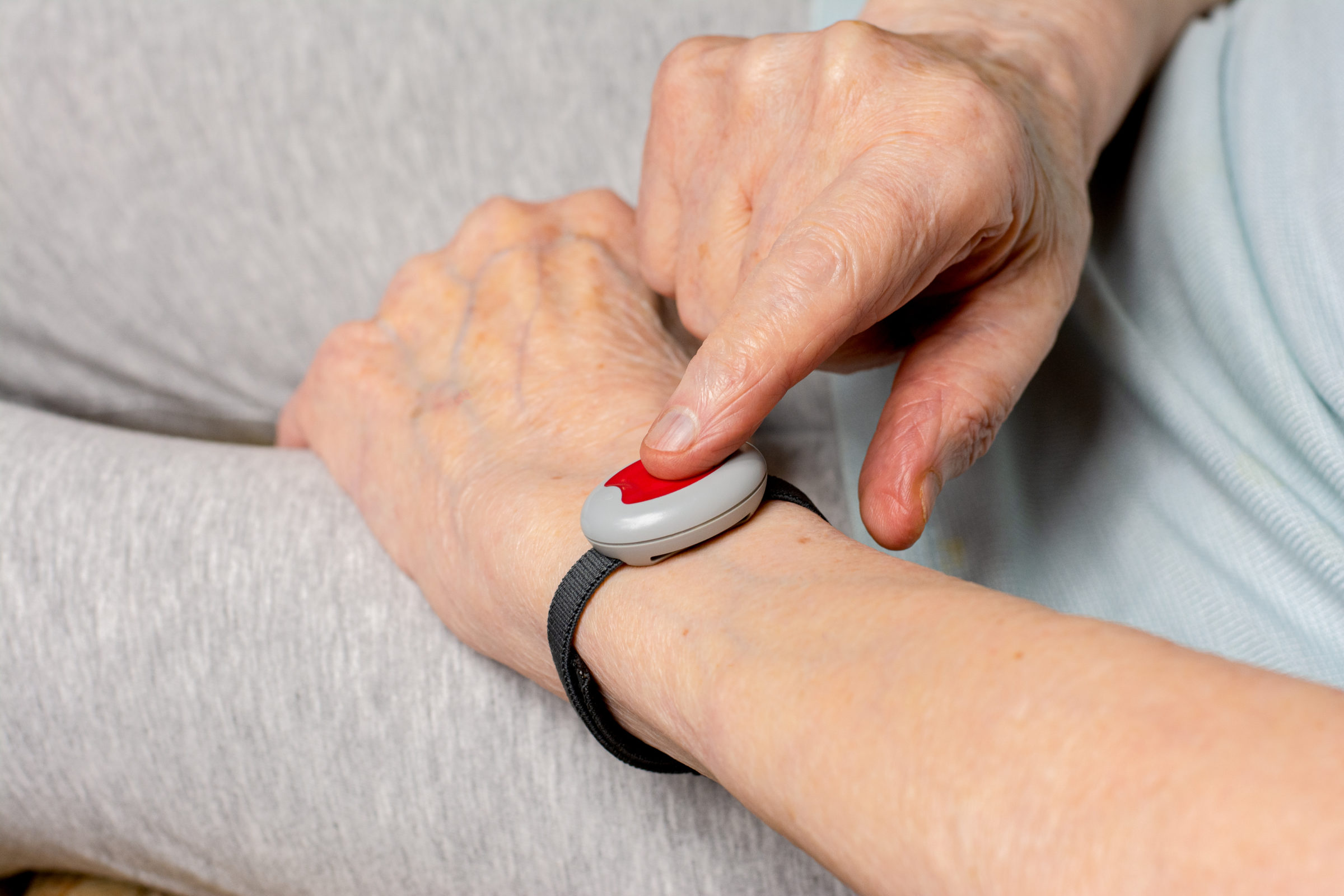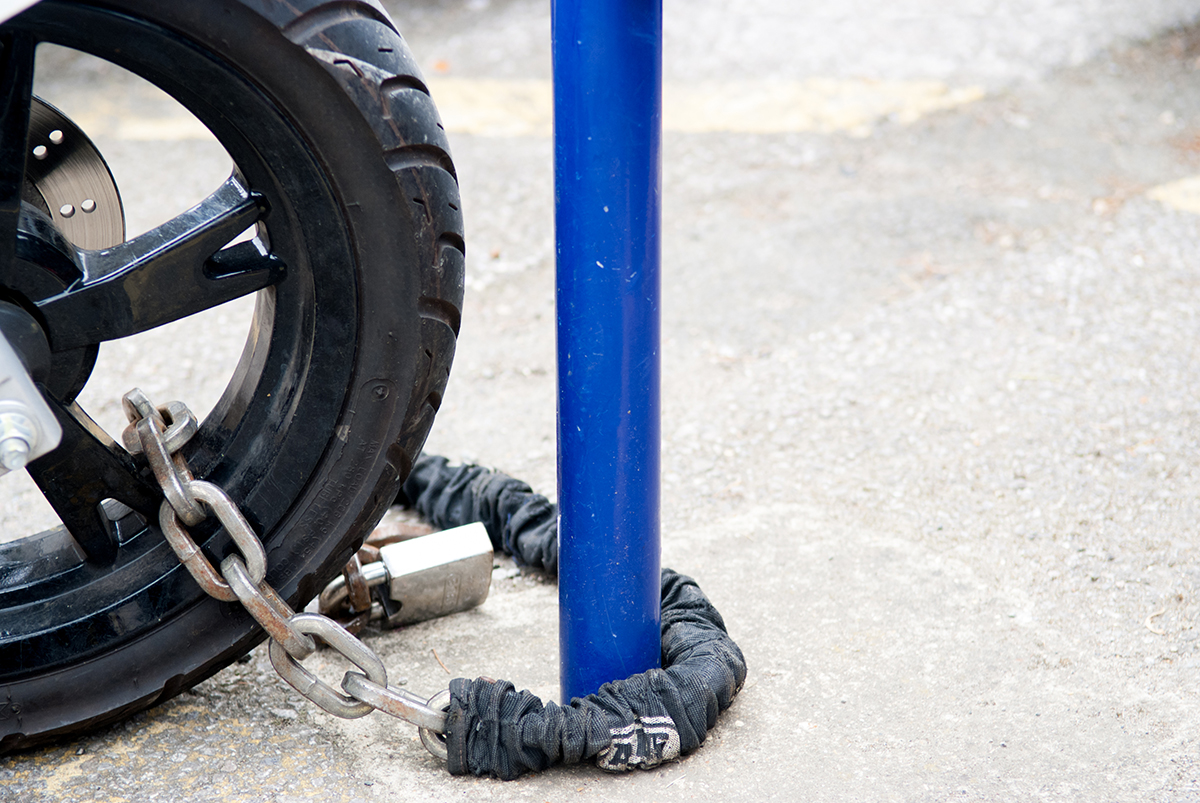In a collective effort known as the “3G Sunset,” AT&T, Verizon, and T-Mobile are permanently shutting down their 3G networks this year.
In fact, as of February 22nd, AT&T has already phased its 3G service out. And the remaining carriers plan to follow suit by the end of the year.
The 3G Sunset won’t make a difference for most people because they’ve already upgraded to 4G and 5G devices…
But a small segment of the population still uses 3G cell phones — mainly seniors. Not to mention, other devices such as Kindles, home alarm systems, and emergency medical devices rely on 3G service to operate.
That means that if you or a loved one still uses a 3G device, it could already be obsolete. And if not, it will be soon.
In today’s article, we’ll explore why the 3G Sunset is happening, how it’s already impacting people nationwide, and what you can do about it.
Why is the 3G Sunset Happening?
As of this year, 3G networks have been active for two decades. But over time — with the advent of 4G in 2009 and 5G in 2019 — 3G usage has plummeted.
Recent data from Verizon shows that 99% of the US population has 4G coverage. AT&T reports that less than 1% of mobile data usage comes from its 3G network.
In short, 3G usage has dropped so low that the cost of upkeeping it simply isn’t worth it anymore.
When Will All 3G Networks Be Shutdown?
As we mentioned above, AT&T already stopped their 3G service in February, but the other carriers aren’t quite there yet.
T-Mobile is set to retire its 3G network by July 1st, and Verizon will do so by December 31st.
So, by the end of 2022, 3G will be a thing of the past.
What the 3G Sunset Means for Seniors
Millions of seniors rely on medical alert devices like Life Alert, Phillips, Bay Alarm Medical, and others to stay safe and protect their independence.
But with the 3G Sunset well underway, many of these life-saving tools are already out of commission. And the rest are soon to follow.
Personal medical alert devices typically come with a wireless pendant — usually worn around the neck — and an in-home base station that communicates with the company’s emergency monitoring center.
In an emergency, a senior will press the button on the pendant, which wirelessly communicates to the base station to transmit the alert to the monitoring center.
However, many base stations have built-in cellular communicators that use 3G technology.
So, without upgrading to 4G medical alert devices, many seniors will have lifelines that won’t work when needed. And outside of tech-savvy seniors and those with family members who know about the 3G Sunset, many don’t even know their devices aren’t working.
Needless to say, this could have disastrous, life-threatening consequences.
What You Can Do
Due to this transition, elderly and at-risk individuals with 3G-powered alert devices will be left without proper emergency services.
So, if you or a loved one uses this technology, contact your provider as soon as possible.
Some companies — like Life Alert — offer 4G services and can provide you with updated devices.
But for many seniors, this won’t be an option. Plus, it’s only a matter of time before 4G becomes outdated and has a sunset of its own.
That being said, how can you stay ahead of the curve and make sure you and your elderly loved ones always have access to fast, reliable emergency response?
Stay on the Cutting Edge With Rescu
With the Rescu medical alert app, you’ll never have to worry about these potentially nightmarish consequences.
Smartphone technology almost always uses state-of-the-art networks with the latest and greatest cellular infrastructure from wireless carriers.
Even phones that are three or four years old can still operate perfectly fine using 4G and even some 5G frequencies.
Rather than paying for a new 4G base station plus installation fees, you can download Rescu on your phone and set up your very own portable medical alert device in minutes.
The Rescu app allows you to instantly dispatch first responders to either your home address or your current location in the US — with just two taps and for no more than $10 a month.
No Contract, No Cancellation Fees, & No Hassle
When you set up your Rescu account, you’ll enter personal information such as your name and home address (for dispatch purposes only).
Then, you’ll have the opportunity to enter relevant medical information you’d like to share with first responders in an emergency. This could be medications you’re taking, pre-existing conditions, special instructions, etc.
You can also add an unlimited number of emergency contacts to the app.
In an emergency, all you have to do is select the service you need (fire, police, or ambulance) and tap Send Alert.
Once you’ve sent an alert, the Rescu app performs three crucial actions automatically:
- It notifies Rescu’s private dispatch center of the alert, which instantly sends responders to your location — no phone call required.
- It notifies responders of your pre-registered medical information and special instructions.
- It sends a message to each of your emergency contacts, letting them know that you’re in an emergency situation.
You shouldn’t have to worry whether or not your lifeline will work when you need it most.
With Rescu, you can carry 24/7 protection in your pocket, confident that help is always just two taps away.
Download today to get started.





